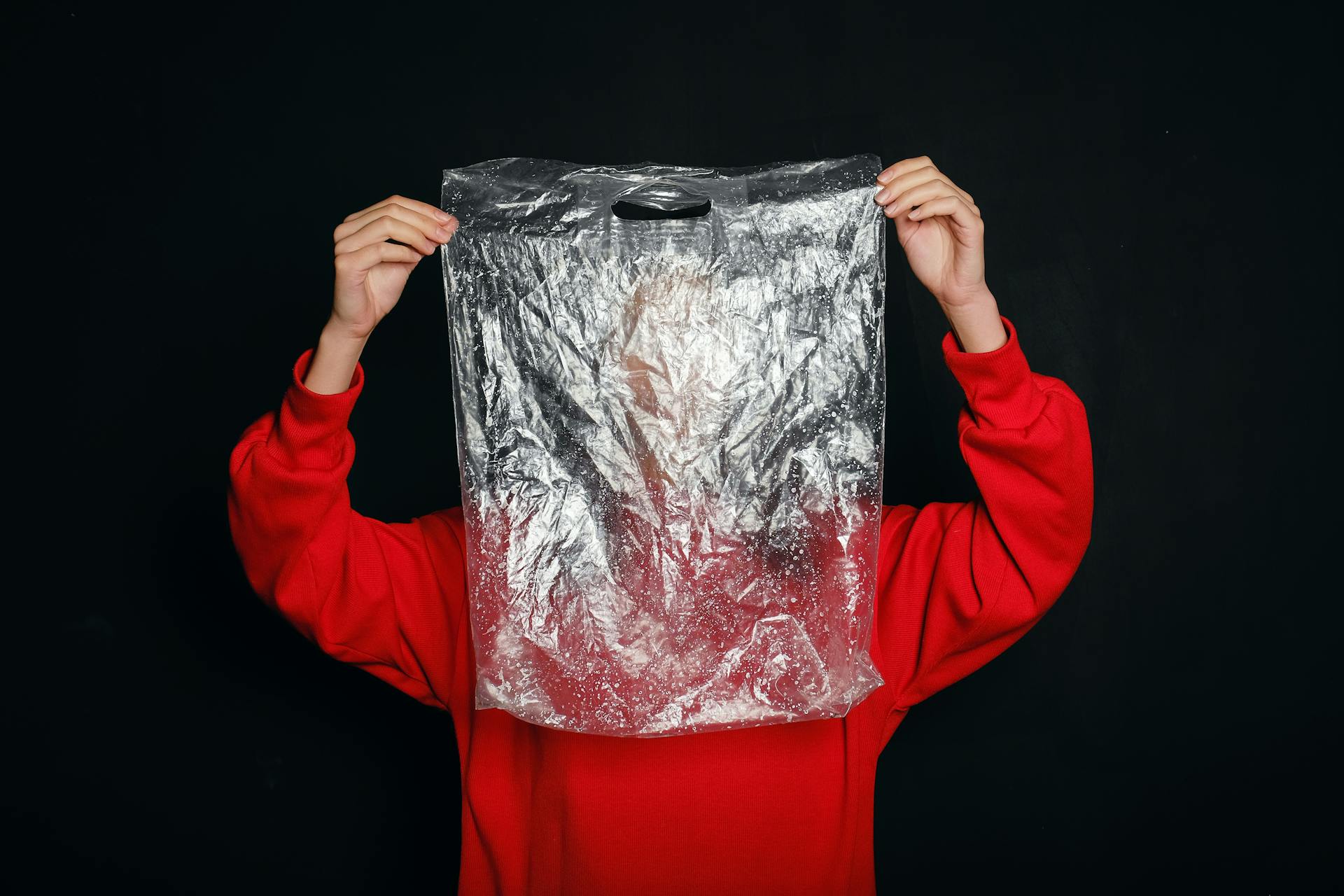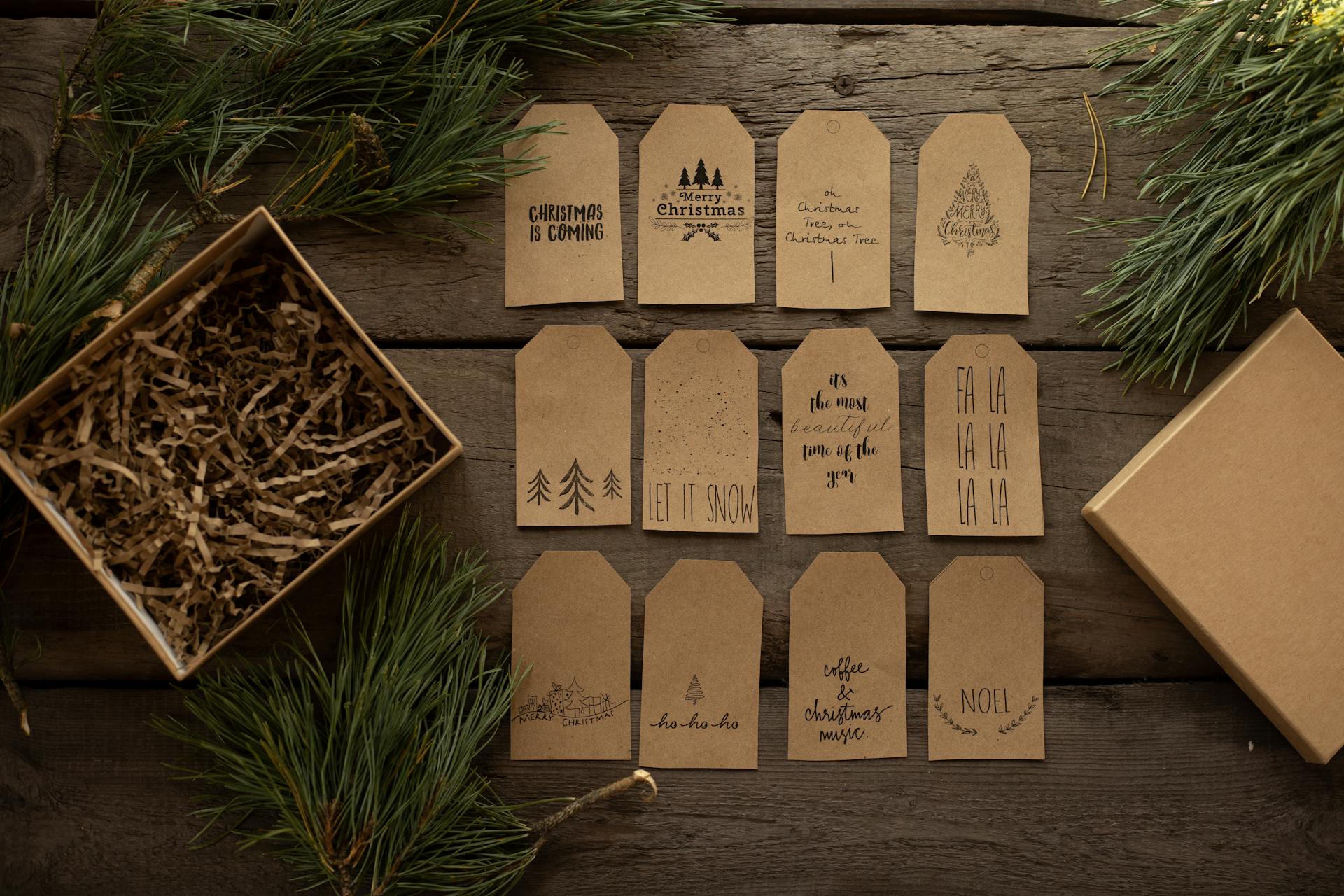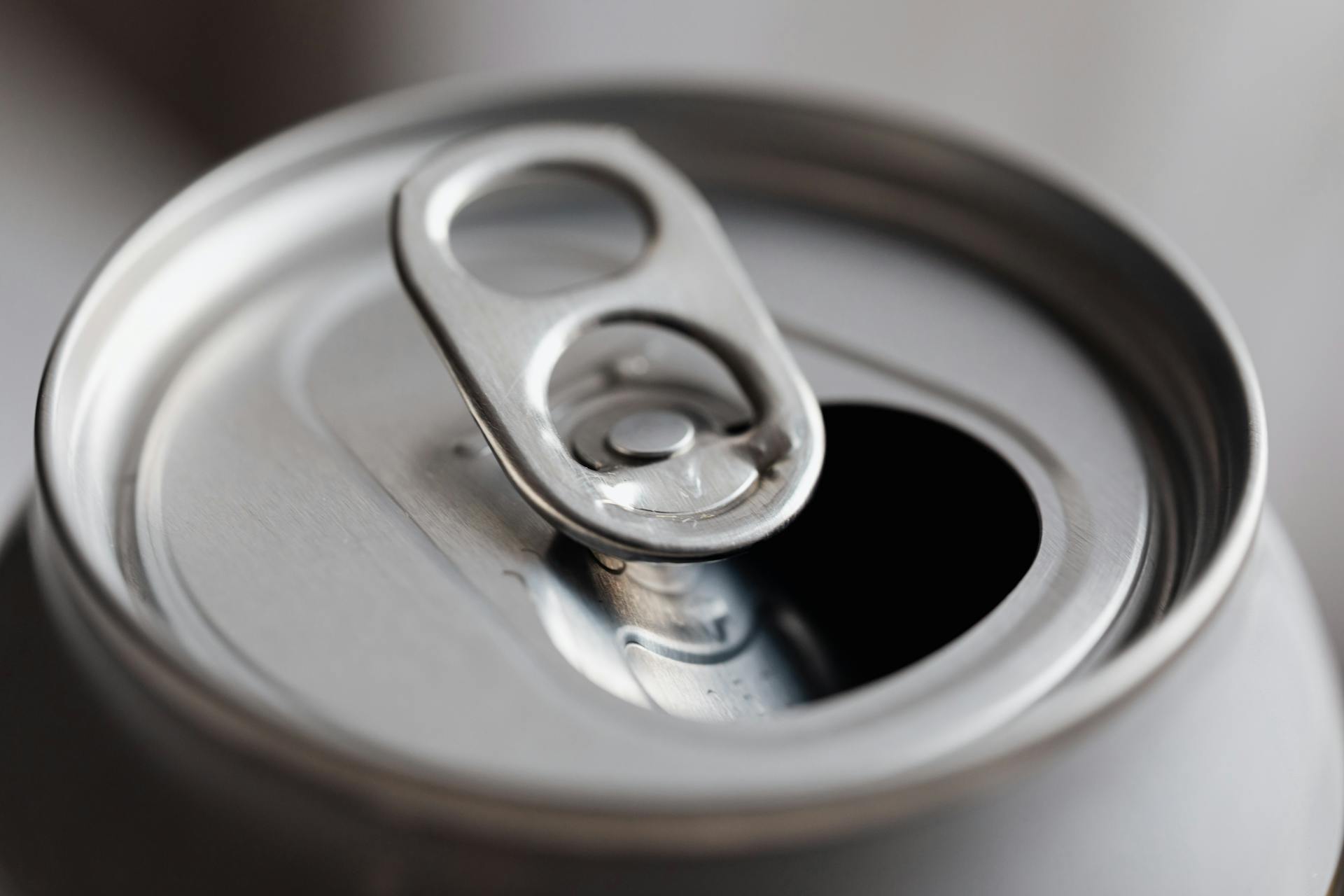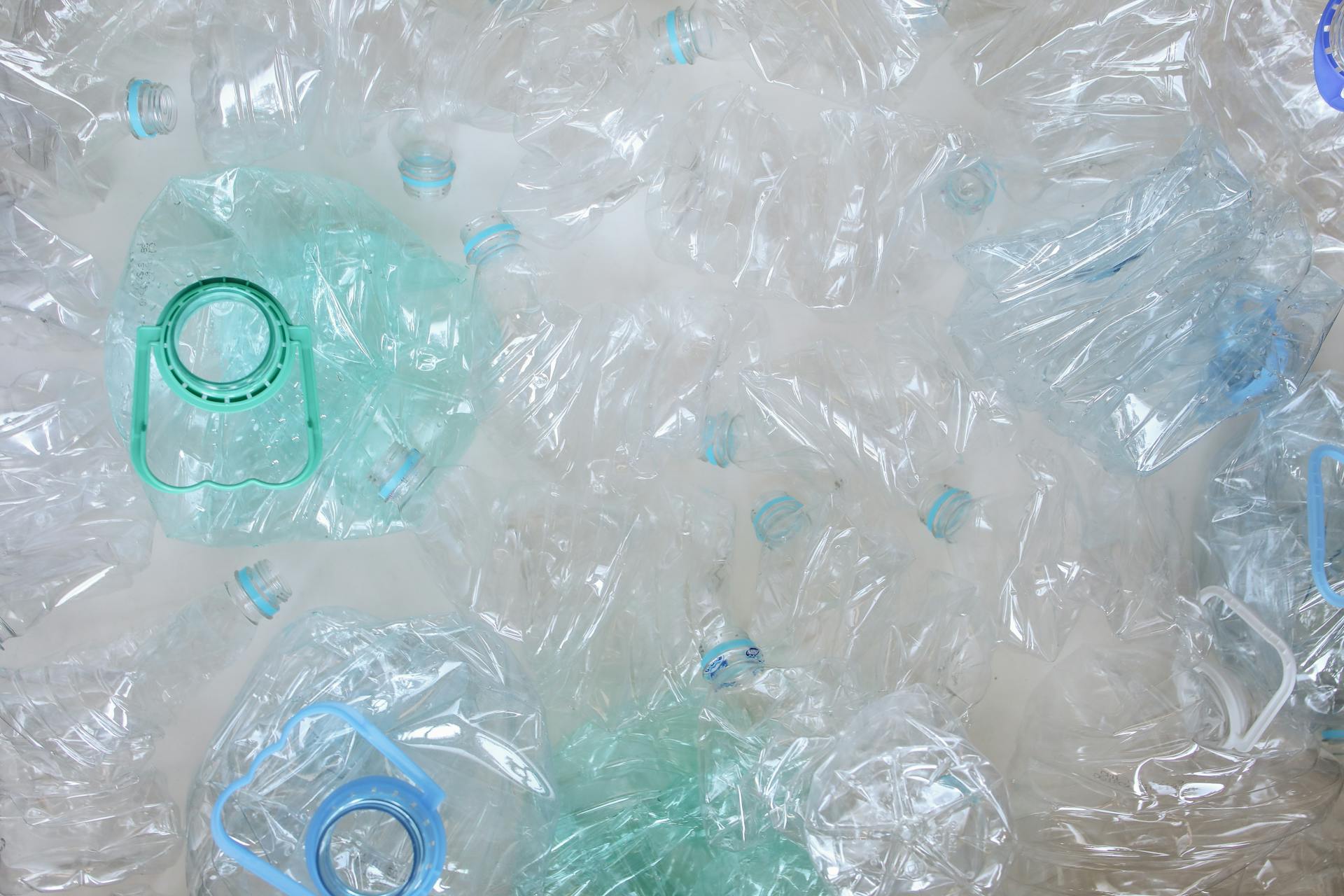
Are trash bags recyclable? It's a question that might surprise you with its answer. Many of us try to live a sustainable lifestyle, and we know that reducing our environmental footprint is crucial. Yet, we still use an almost seemingly infinite number of plastic bags in our day-to-day lives. You might've heard modern humans generate an estimated 201 billion tonnes of waste per year globally - and this number is only growing.
Despite the push to reduce plastic usage, the average person still uses plastic items regularly. Plastic bags are one of those commonly used products in our everyday life. But when it comes to recycling them, things get a little tricky. Most people assume that trash bags aren't recyclable, but that assumption is totally wrong! In this article, we'll dive deeper into the topic of whether or not trash bags can be recycled and how you can reduce your environmental footprint by making small changes in your daily life.
For another approach, see: Can You Recycle Plastic Bags
What’s recyclable, what becomes trash — and why
What's recyclable, what becomes trash — and why? Most people know that recycling is important, but they may not be sure what can and cannot be recycled. According to the EPA, the average American generates about 4.4 pounds of waste per day, which adds up to a staggering 250 pounds per year. Unfortunately, much of this waste ends up in landfills or oceans instead of being recycled.
An interactive explores what's recyclable and what isn't. It highlights the importance of putting only accepted materials into your recycling bin to avoid contamination of the entire recycling system. Items like plastic packaging shouldn't be recycled even though it may seem like they should. This is because many types of plastic packaging have mixed materials that are difficult or impossible to separate during the recycling process.
Trash bags are often used to collect waste in homes and businesses but they themselves cannot be placed in a recycling bin. Even if they say "recyclable" on the package, these bags can cause issues for recycling facilities by clogging machinery and contaminating other materials. The best way to reduce plastic waste from trash bags is by using reusable cloth bags when shopping at grocery stores or investing in biodegradable options when disposing of waste.
Related reading: What Plastics Can Recycled
1. Other bottles
Another type of recyclable bottle is the plastic bottle. These can be found in a variety of personal care products, laundry detergents, and spray cleaners. Before recycling, it's important to rinse out any remaining product from the inside of the bottle. Additionally, nozzle heads should be removed and metal springs removed if present. By properly preparing these bottles for recycling, we can help reduce waste and promote sustainability.
Discover more: Cardboard Box Recycling
2. How2Recycle
When it comes to recycling, many people wonder if trash bags are recyclable. The answer is no; trash bags cannot be placed in your curbside recycling bin. While most plastic containers can be recycled, trash bags are not designed for the material recovery facility (MRF) process.
MRFs vary across the country and run differently depending on whether they are larger companies or small privately owned operations. They use automated equipment to sort plastics, and separated recyclables are sold as commodities on global scrap trade markets. These markets constantly evolve, impacting what materials are considered desirable for buyers to make things from, and what is considered a waste conundrum that ends up in incinerators or landfills. Recycled MRF operators buy recycled plastic instead of raw virgin plastic from the oil industry to create new products, but they need clean uncontaminated plastic material.
Following recycling guidelines is essential to ensuring that we don't recycle items that aren't accepted at our local facilities. While plastic bottles remain a highly desirable product in the recycling bin, it's important to remember that other types of plastics aren't always accepted. When in doubt about whether an item can be recycled, check locally before placing it in your curbside recycling bin. And don't wishcycle - don't throw items into your recycling bin just because you hope they can be recycled; it only contaminates the entire batch.
Ultimately, reducing packaging and replacing disposables with reusable materials are vital pieces of managing our waste stream. This includes being mindful of what plastic packaging ends up in our homes and taking advantage of separate programs for holiday lights, batteries, medical waste and baby diapers that might not otherwise be accepted by your curbside recycling bin. We all have a role to play in keeping our planet healthy!
You might enjoy: Recycled and Upcycled Clothing
Discover How to Make Your Trash Bags Environmental-Friendly
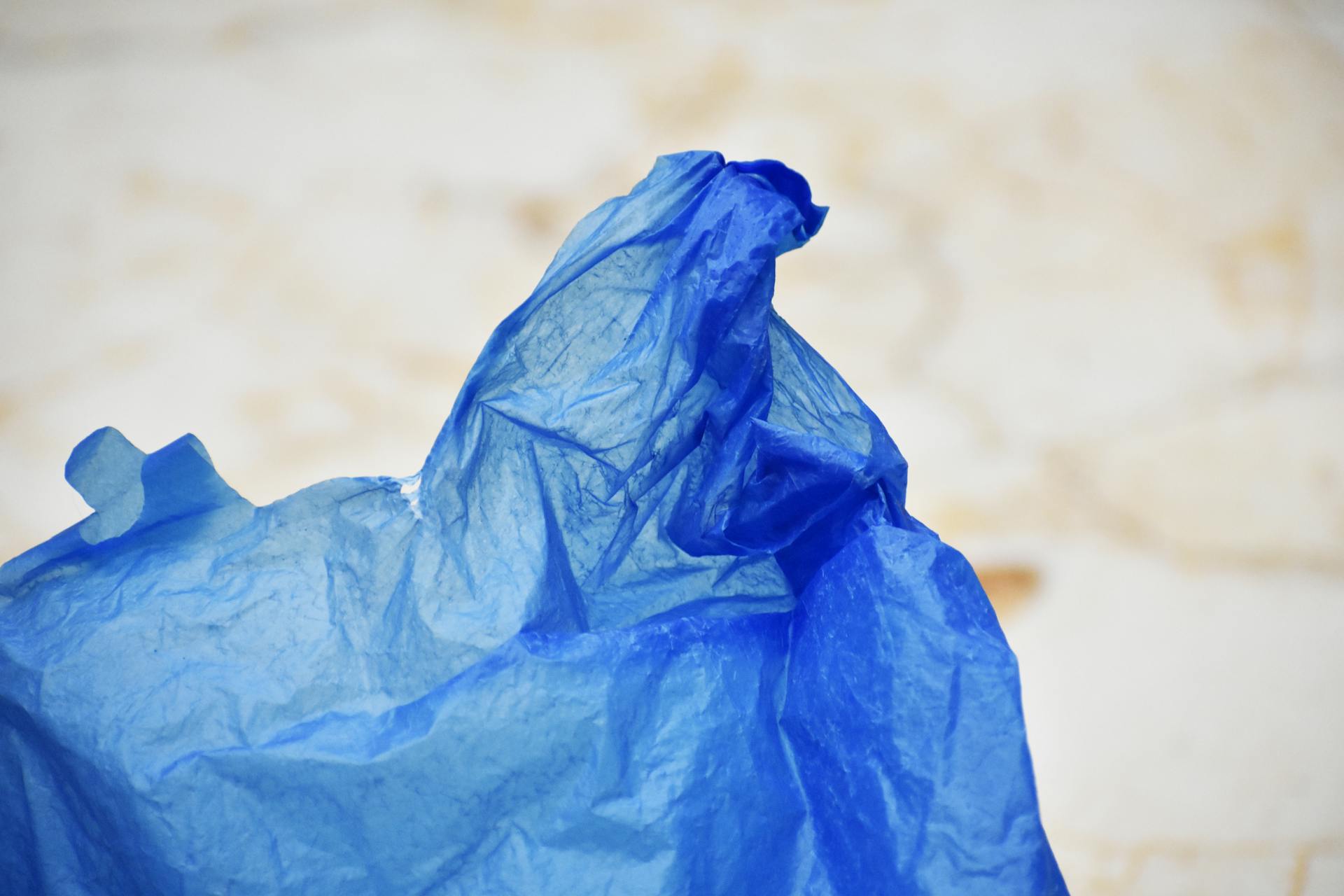
The vast majority of trash bags are not recyclable, however, there are ways to make them eco-friendly. You can start by opting for recyclable polyethylene bags that can be easily disposed of in your recycle bin, or taken to a trash facility that accepts plastic bags for recycling. Another alternative is compostable trash bags made from plant-based materials that break down quickly and naturally unlike plastics which take hundreds of years to decompose. Using these eco-friendly alternatives will help reduce the amount of waste ending up in landfills.
If you prefer using traditional trash bags, there are still ways to minimize their environmental impact. Opt for biodegradable trash bags made from natural materials like paper which will degrade naturally over time unlike plastic-based bags that do not decompose. Additionally, try reducing your overall use of trash bags by composting food scraps and reusing non-food packaging like cardboard boxes instead of throwing them away. Remember, small steps can lead to big changes when it comes to protecting our planet and making environmentally conscious choices whenever possible is essential for a sustainable future.
Say Goodbye to Your Trash Bags: Easy Ways to Reduce Waste
Are plastic trash bags recyclable? This is a question that many people ask themselves when trying to reduce their waste. The answer is not straightforward, as plastic bags seemingly cannot be recycled in the traditional sense. However, there are certified compostable bio-based trash bags available that can be responsibly produced and composted in an industrial composting facility. These lighter footprint alternatives are marked improvement over plastic fossil-fuel-based trash bags.
If you're looking for ways to eliminate the need for trash bags altogether, there are options listed below that will help. First off, repurposing things like cardboard boxes can replace bags lying around your home. Second, consider composting your waste instead of sending it to a landfill. You can use compostable waste liners or go liner altogether if you have a community composting program, a backyard composter or access to a municipal curbside collection program.
In the long run, using fewer trash bags is always better than using more. If you do need a bag from time to time, opt for virgin-compostable-recyclable ones made from existing materials instead of those that require virgin plastics. With these steps and some effort in implementing practices like reducing your waste bathroom and kitchen waste or replacing disposable wrapping materials with reusable containers, you'll be well on your way to reaching zero-waste home status!
Trash Bags Showdown: Black and White vs. Clear Varieties!
Trash bags are a common item in every household. They come in different colors, including black, white, and clear. The major difference between these trash bags is the material used to make them. Trash bags made from clear plastic are usually thinner than those made from color plastic bags.
Most people choose the color black plastic bags for their aesthetic decision. These bags hide the contents of the bag better than other colors. However, this is not always a good idea since the trash collector cannot see what is inside and may accidentally throw away something valuable or recyclable simply based on its appearance.
Clear plastic bags are a better choice when it comes to recycling. Trash collector can easily identify what is inside each bag, making it easier for them to sort through and recycle materials properly. This also prevents any contamination of non-recyclable materials that may be mixed in with recyclables. So, if you want to ensure that your trash is recyclable simply; use clear plastic bags instead of black or white ones.
Is There Harm to the Environment from Trash Bags?
Standard black plastic trash bags have been a staple in households and businesses for decades. However, the environmental impact of these conventional plastics cannot be ignored. With an estimated 500 billion plastic bags worldwide, fossil fuels are being depleted at an alarming rate to produce these single-use items.
While trash bags labeled biodegradable may seem like a sustainable alternative, it is important to heed caution. Biodegradable means microorganisms can break down the material into carbon dioxide and water, but it can also leave unwanted toxic residue. In fact, plastic polymers in conventional plastics will eventually break down into smaller pieces called microplastics that end up accumulating in the environment and even in our food chain and human blood.
Recently, more options have become available such as compostable trash bags that can be home compostable or industrially composted with trustworthy third-party certifications. Choosing these disposables labeled as environmentally friendly can significantly reduce your environmental footprint and ensure that you are not contributing to the accumulation of plastic waste harming our planet's ecosystems.
What Can I Use Instead Of Plastic Trash Bags

Plastic trash bags are not recyclable in most curbside recycling programs, so it's important to consider plastic trash bag alternatives. Instead of using traditional plastic trash bags, you could opt for compostable bags made from plant-based materials, reusable cloth bags, or paper bags. These options can help reduce your environmental impact and minimize the amount of plastic waste that ends up in landfills and oceans.
1. Eco-Brand Recyclable Trash Bags
Recyclable trash bags are a great solution for those who want to decrease plastic waste and lessen their carbon footprint. The biggest downsides to traditional trash bags are that they take hundreds of years to decompose, and they contribute to the growing problem of plastic pollution in our oceans and landfills. However, recyclable trash bags are made from recycled plastics and can be reused or recycled after use.
While durable plastic bag rivals may be more convenient, using recyclable trash bags is a step towards a more eco-friendly lifestyle. You can find organic and fair trade markets that offer recyclable options for your household needs. By switching to these sustainable alternatives, you can do your part in reducing the amount of plastic waste we generate as a society.
What is a trash bag? Official definition!
A trash bag, as defined by the Cambridge Dictionary, is "a plastic bag put inside a container to keep it clean and for holding waste materials." These beloved disposables are an indispensable part of the modern home. Their use extends beyond just being a disposable lining for trash bins. They are also used to dispose of food waste, disposable food containers, drink containers, and countless everyday items like zip lock bags, cereal bags, food packaging, paper towels, napkins and even dust we've collected.
Trash bags make for the perfect home accessory when it comes to keeping our living spaces clean. They help contain all kinds of waste such as banana peels, food waste, and accidental spills. Even bread bags that may have accidentally punctured can be placed in a trash bag without worrying about creating a mess.
While we may not give much thought to these plastic film wrapped disposables on a daily basis, they serve an important purpose in helping us maintain cleanliness and hygiene in our surroundings. However it's important to note that not all trash bags are created equal - some may not be recyclable due to the type of plastic they're made from. So before disposing them off along with your other garbage make sure you check if they can be recycled or not!
Frequently Asked Questions
What brand of trash bags is the strongest?
"Glad ForceFlex Plus is one of the strongest trash bag brands on the market, designed to resist punctures and tears."
What bags can be recycled?
Most plastic bags can be recycled, including grocery bags, bread bags, and produce bags. However, it's important to check with your local recycling program as some may not accept certain types of plastic bags.
Which plastic bags are recyclable?
Plastic bags labeled with the recycling symbol and a number 2 or 4 can typically be recycled. However, it's best to check with your local recycling program for specific guidelines.
Are plastic bags better than reusable bags?
Reusable bags are better for the environment than plastic bags because they can be used multiple times, reducing waste and pollution. Plus, many reusable bags are made from sustainable materials and can be recycled at the end of their lifespan.
Featured Images: pexels.com
